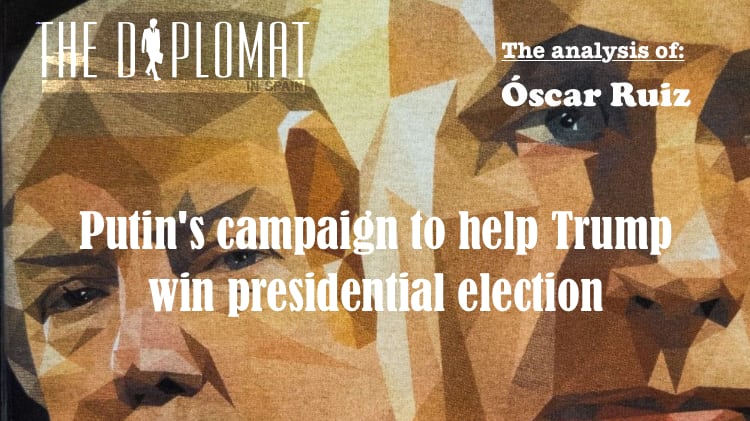Dong-ho Han
Senior Researcher / Korean Institute for National Unification (KINU)
Late last year, Elon Musk posted satellite images of the Korean Peninsula on the social networking site X, under the title “Crazy Idea”, highlighting the stark contrast in the 70 years of divergent regimes chosen by North and South Korea. The difference between South and North Korea is more than a systematic confrontation between liberal democracy and communism; it is also a testimony to the current superiority of the liberal democratic and capitalist system adopted by humanity. However, in managing inter-Korean relations, previous South Korean governments have prioritised exchanges and cooperation based on ethnically, culturally, historically and linguistically determined factors rather than focusing on this systemic disparity. They have tacitly operated under the belief that explicitly targeting the regime could lead to a deterioration of bilateral relations.
Since taking office in May 2022, the Yoon Suk-yeol administration, compared to previous administrations, has taken a markedly different approach to North Korea policy. It introduced the Audacious Initiative (AI), which boldly addresses the regime issue based on South Korea’s confidence. The initiative aims for South Korea to pursue the free and peaceful reunification of the Korean peninsula as a nation that has already succeeded in regime competition.
This initiative gained international support when, in August 2023, the United States and Japan adopted a declaration supporting the vision of a free and peaceful reunification of the Korean Peninsula at the Camp David Summit. In this context, the Yoon government is deploying diplomacy rooted in liberal democratic values. This emphasis on liberal democracy and values diplomacy reflects South Korea’s aspiration to play a key role in upholding universal values not only in East Asia but also on the global stage. The Global Pivotal State (GPS) concept, championed by President Yoon since the beginning of his presidency, underlines South Korea’s national identity, its historical mission and its role in the world, embracing not only its people but also global citizens.
One of the key strategic agendas pursued by the South Korean government, which upholds universal values such as freedom, human rights and the rule of law, is the issue of North Korean human rights. The human rights situation in North Korea, a totalitarian communist state, is closely linked to defectors who escape from North Korea in search of freedom. After defection, North Koreans face suffering and hardship, along with the constant fear of being repatriated to North Korea. Currently, countless North Korean women and children are within China’s jurisdiction, located along the North Korean border, awaiting leniency from the Chinese government. The plight of North Korean refugees in China is not only a humanitarian concern that requires attention from the South Korean government and its citizens; it is also an issue that conscientious global citizens must address. This is because the situation facing North Korean women and children in China is a matter of protecting one of the most vulnerable groups in the world.
On 16 January, the Yoon Suk-yeol government announced the designation of North Korean Defectors’ Day. The decision marks a remarkable milestone for the Yoon administration, which has prioritised value diplomacy. It also symbolises a call for greater engagement on the part of the 30,000 North Korean defectors currently residing in South Korea. On the other hand, the establishment of North Korean Defectors’ Day signals a commitment by South Korea, home to the largest population of North Korean defectors globally, to take a more proactive role in promoting human rights in North Korea.
The images posted on Musk’s social networking site X, showing darkness in the northern region of the Korean Peninsula, symbolise the plight of oppressed North Korean residents. Freedom fighters, seeking freedom and enlightenment beyond the darkness, persistently traverse the Yalu and Tumen rivers, venturing into China, Southeast Asia, and ultimately to lands of freedom and opportunity. It is the responsibility of the world’s citizens to protect (R2P) North Korean defectors, one of the most vulnerable groups facing humanitarian and human rights crises in the midst of worsening suffering in the late 20th and early 21st centuries. This enduring obligation will last until enlightenment from the southern part of the Korean peninsula reaches the north.
© KINU / All rights reserved






